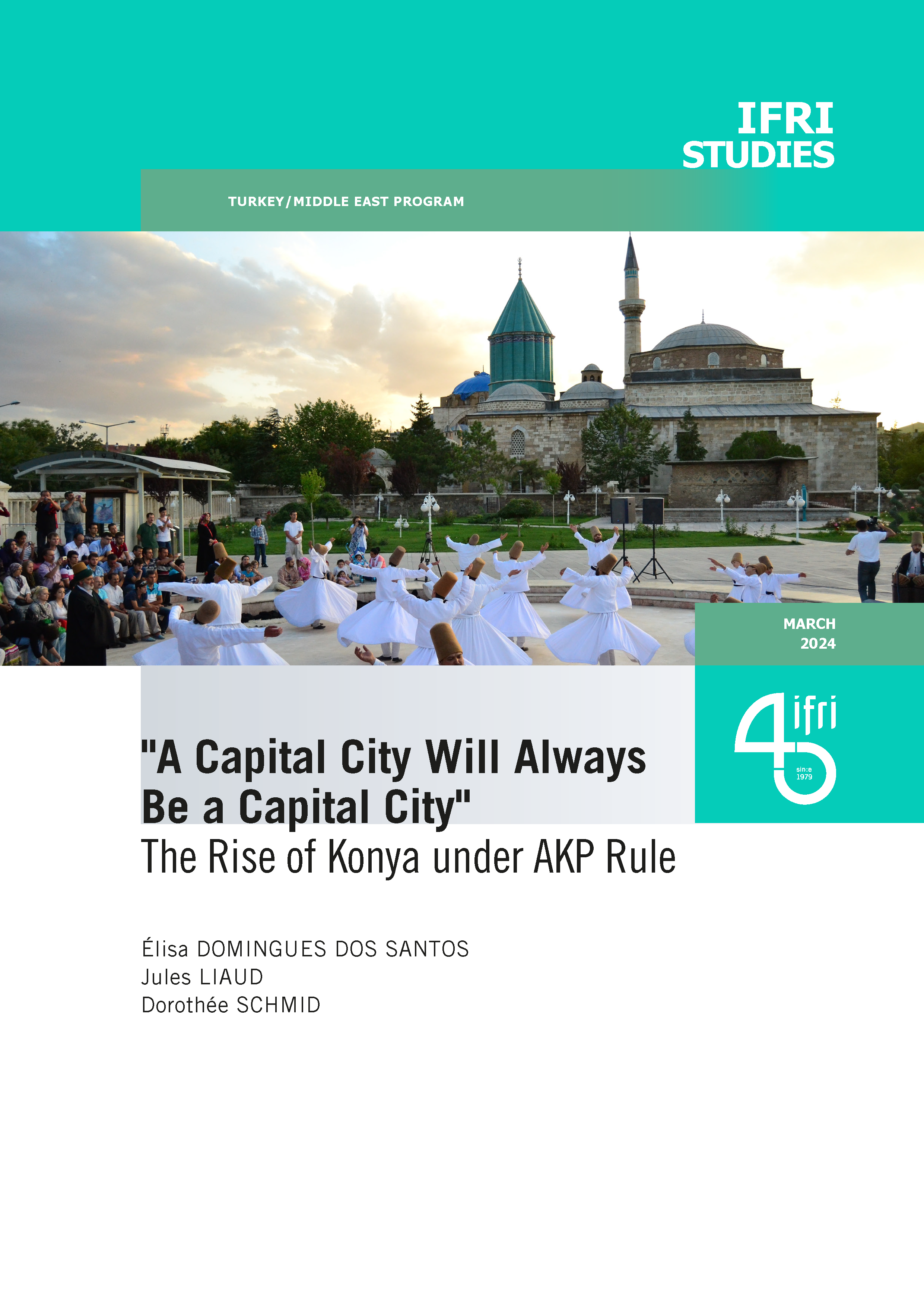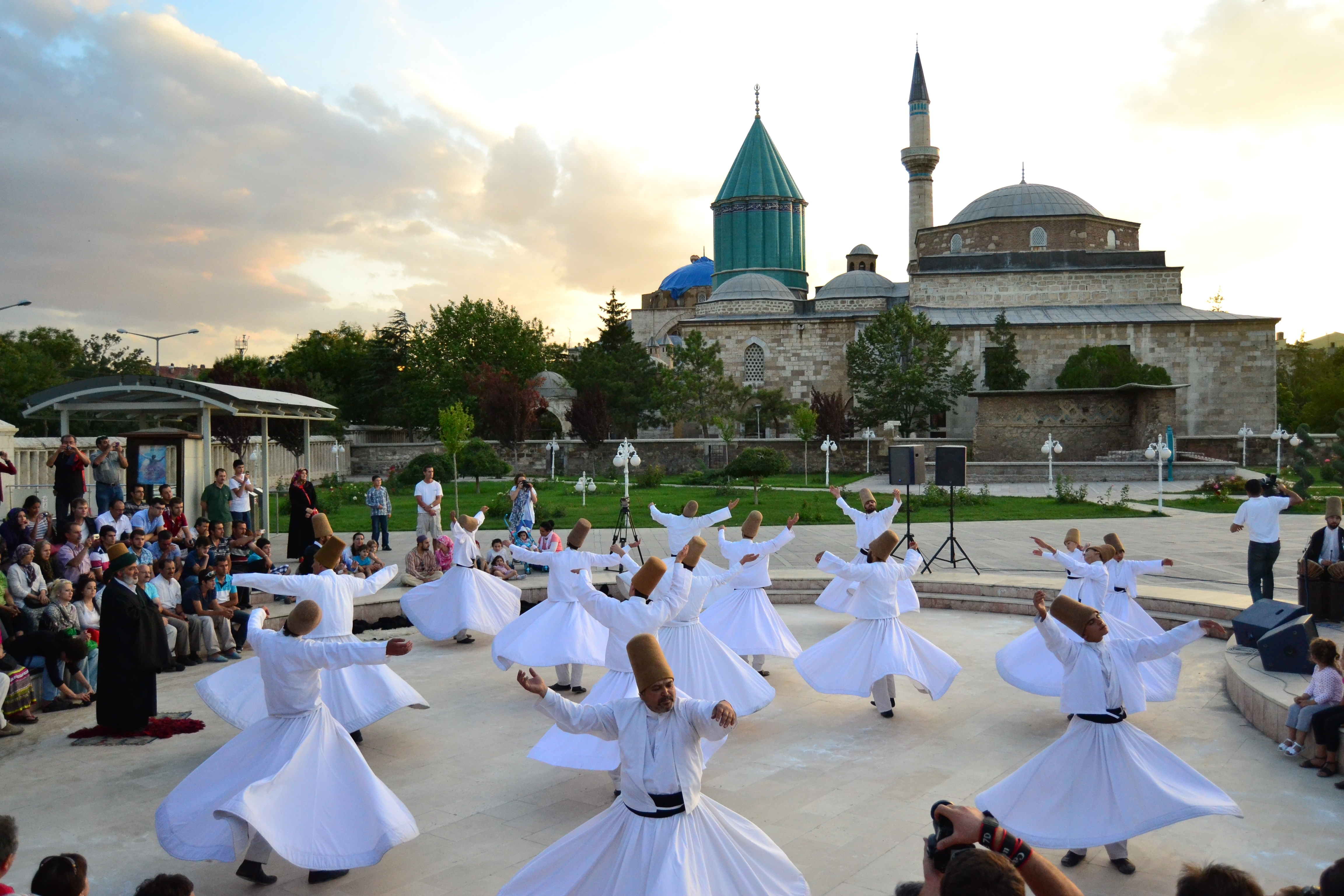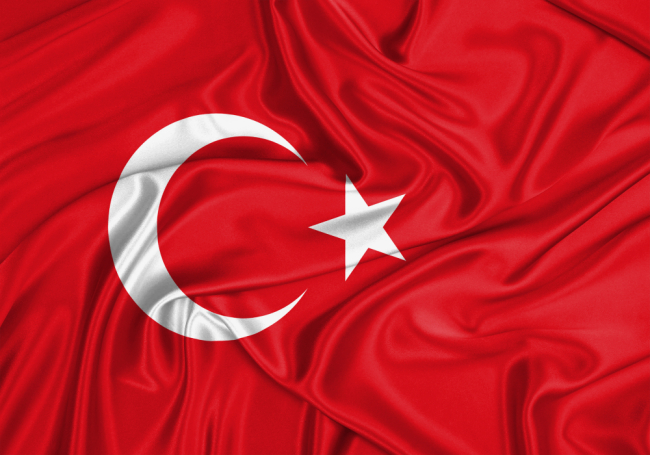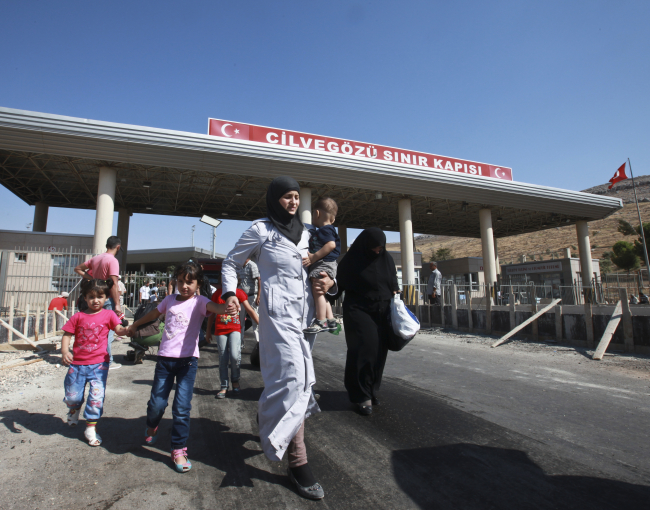"A Capital City Will Always Be a Capital City”: Konya’s Rise Under the AKP’s Rule

While the May 2023 parliamentary and presidential elections looked as a difficult test for the flagging Islamo-conservative Justice and Development Party (AKP), they eventually held on to power, demonstrating their remarkable foothold in the Turkish context. The party notably recorded one of its highest scores in Konya, confirming the massive and uninterrupted support of this two-million inhabitants central Anatolian city for Turkish political Islam.

The phenomenon can be explained by the benefits that Konya has derived from its relationship with the Islamic movement for several decades. Long marginalized in a provincial space, little connected to Western Turkey’s centers of power, Konya, renowned for its history and religious heritage, became an “Anatolian tiger” under the AKP rule. The province’s economic development started from an agricultural base (Turkey’s cereal granary) enabling the emergence of a local agro-industry. It was driven by dynamic small and medium-sized enterprises, combining conservative values with entrepreneurial efficiency. Forging close ties with the AKP, Konya has benefited from territorial development policies that facilitated its rapid opening to the world. Thanks to its Anatolian identity, central geography, diversity of human flows and capacity to project its economic dynamism into increasingly distant markets (like Africa), Konya has become a showcase for the paradoxical modernity of the new Turkey.
This publication is available in French : "Une capitale restera toujours une capitale" : l'essor de Konya sous l'AKP
Download the full analysis
This page contains only a summary of our work. If you would like to have access to all the information from our research on the subject, you can download the full version in PDF format.
"A Capital City Will Always Be a Capital City”: Konya’s Rise Under the AKP’s Rule
Related centers and programs
Discover our other research centers and programsFind out more
Discover all our analysesRussia, the Palestinians and Gaza: Adjustments after October 7th
The Soviet Union (USSR), and subsequently the Russian Federation as its internationally recognized legal successor, has consistently sought to play a visible role in efforts to resolve the Israeli-Palestinian conflict.
Canada’s Recognition of a Palestinian State: What Consequences on its Foreign Policy Toward Palestine?
On September 21, 2025, Canada became the 148th of 157 countries to recognize Palestine as a state. It did this with the United Kingdom (UK) and Australia, defying the United States (US) and Israeli opposition.
How to Jumpstart Economic Recovery in Syria? The role of syrian entrepreneurs in Turkey
This report examines the potential role of Syrian-partnered companies operating in Türkiye in supporting economic recovery and reconstruction efforts in Syria. Based on data collected through field research and surveys conducted by the Economic Policy Research Foundation of Türkiye (TEPAV), the report provides an overview of the business characteristics, sectoral distribution, and cross-border economic activities of Syrian entrepreneurs. The report explores how this business activity could contribute to restoring supply chains, stimulating local production, and generating employment.
Indonesia and the Palestinian Cause
During his inaugural presidential speech on October 20, 2024, Indonesia’s incumbent president, Prabowo Subianto, iterated certain principles central to the philosophical foundation of the Indonesian nation. He noted Indonesia’s longstanding foreign policy of non-alignment or “bebas dan aktif” (free and active) and its aversion to military pacts.
















